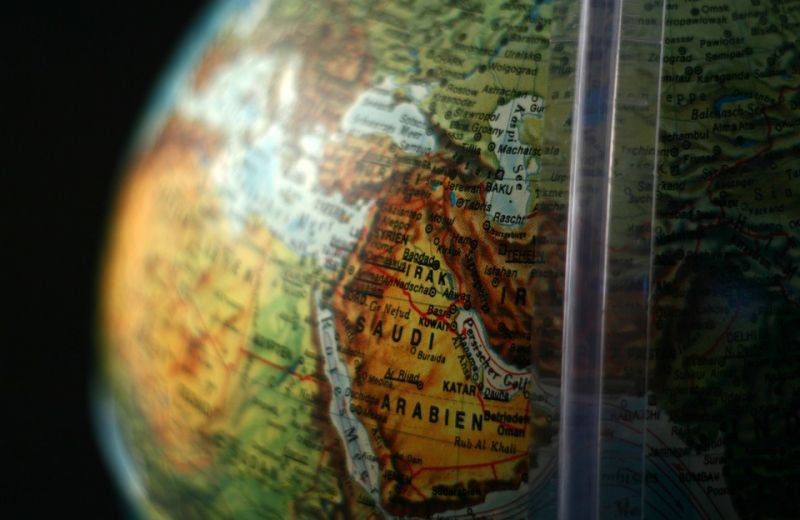 Policy Papers and Reports
Policy Papers and Reports
Israel is still holding to its traditional security maxim. Based on a perception of a hostile region, Israel’s response includes early warning, deterrence and swift – including pre-emptive – military action, coupled with an alliance with a global power, the US. Israel is adjusting these maxims to a changing reality. Overlapping interests – and perhaps the prospect of an even more open conflict with Iran – led to limited relationships between Israel and some Gulf states. These, however, will be constrained until Israel makes progress on the Palestine issue. Israel aligned with Greece and Cyprus around energy and security, which may lead to conflict with Turkey. Russia’s deployment in Syria placed new constraints on Israeli freedom of action there. The US’s retrenchment from the Middle East is not having a direct effect on Israel, while the Trump administration’s support for Israel’s territorial designs in the West Bank may make it easier for Israel to permanently expand there, thus sowing the seeds for future instability in Israel/Palestine. The EU could try and balance against such developments, but, as seen from Israel, is too divided to have a significant impact.


